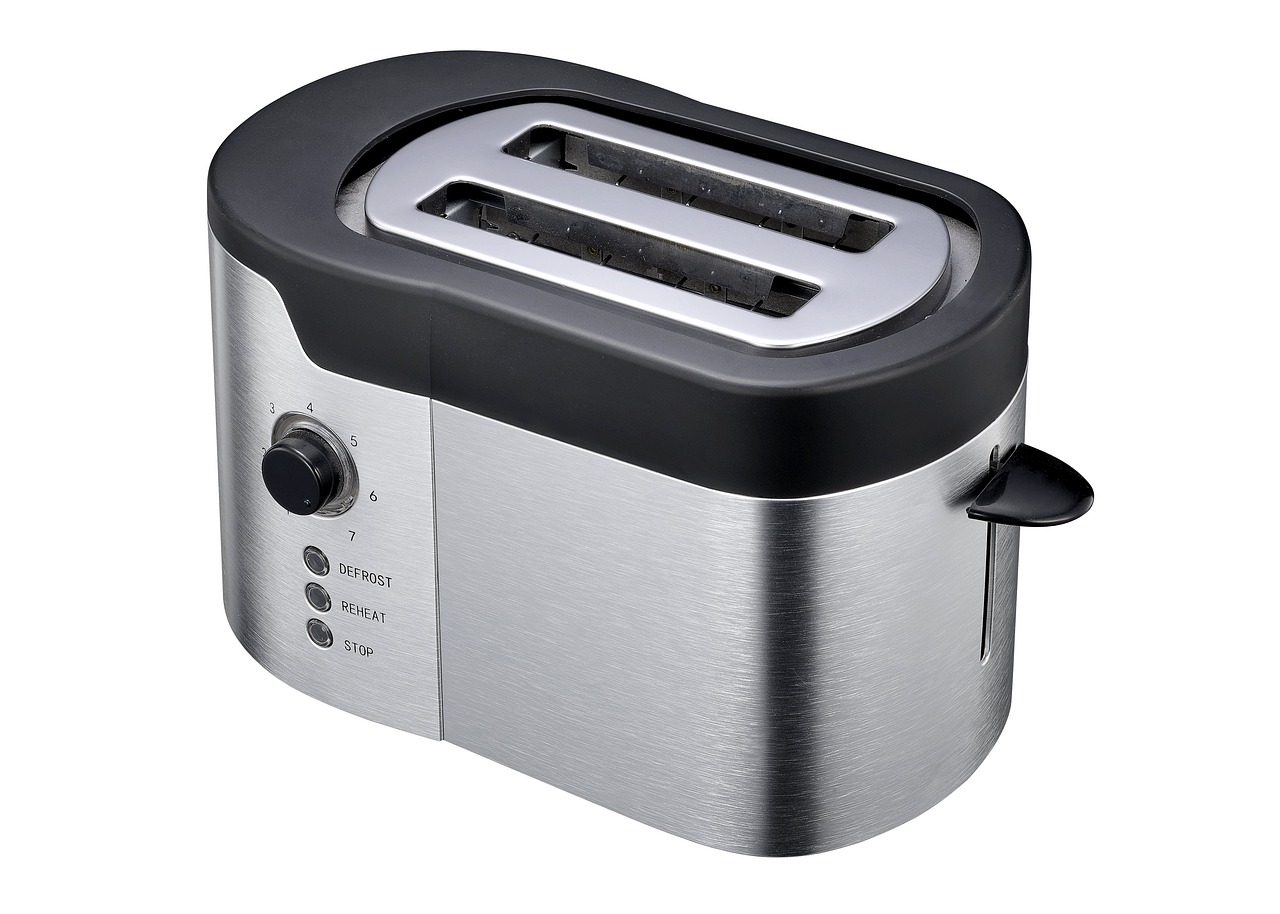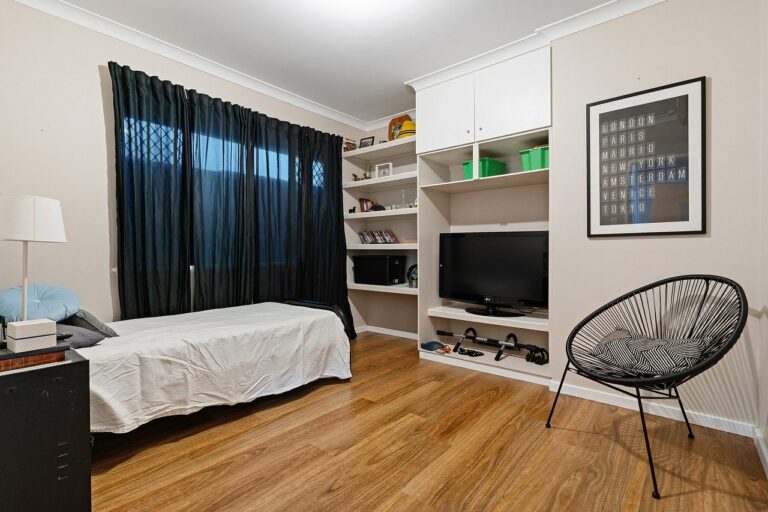The Role of Home Automation in Elderly Care and Accessibility
Home automation holds great potential when it comes to enhancing the quality of life for elderly individuals. With the help of smart technology, seniors can enjoy increased independence and improved accessibility within their own homes. Automated systems can assist in daily tasks such as turning on lights, adjusting the thermostat, and even reminding individuals to take their medication.
Moreover, home automation enables seniors to have greater control over their environment, leading to a sense of security and peace of mind. Through the use of sensors and smart devices, older adults can monitor their homes for any potential risks or emergencies, allowing for immediate response and support when needed. By incorporating these technological advancements, elderly care can be greatly improved, promoting a safer and more comfortable living experience for seniors.
Challenges Faced by the Elderly in Maintaining Independence
Independence is a cherished aspect of life for many elderly individuals, but it can become increasingly difficult to maintain as age progresses. Tasks that were once routine and simple may now pose challenges, from mobility issues to memory lapses. This can lead to feelings of frustration and dependence on others for assistance, which can be disheartening for seniors who value their autonomy.
In addition, the fear of accidents or emergencies occurring when alone can significantly impact an elderly person’s sense of independence. The risk of falls, medical emergencies, or getting locked out of the house can create anxiety and reluctance to engage in activities that were once enjoyed without worry. These challenges can sometimes limit the freedom and confidence that seniors have in navigating their daily lives independently.
• Fear of accidents or emergencies when alone
• Risk of falls, medical emergencies, or getting locked out of the house
• Anxiety and reluctance to engage in activities without worry
Independence for the elderly also becomes challenging due to physical limitations that come with age. Mobility issues, arthritis, decreased strength, and other health conditions can make it difficult for seniors to perform tasks such as cooking, cleaning, or even dressing themselves. This loss of physical ability can lead to a sense of frustration and helplessness as they struggle to maintain their independence in daily activities.
Furthermore, cognitive decline and memory lapses can pose significant challenges for seniors in maintaining their independence. Forgetfulness about medication schedules, appointments, or important tasks can result in missed deadlines or potential health risks. This can not only impact their ability to live independently but also affect their overall well-being and quality of life.
• Physical limitations such as mobility issues and decreased strength
• Cognitive decline leading to forgetfulness
• Struggle with daily activities like cooking, cleaning, and dressing
How Home Automation Can Improve Accessibility for Seniors
Home automation offers a multitude of benefits for seniors when it comes to improving accessibility within their homes. By incorporating smart technology, such as voice-activated assistants or automated lighting systems, seniors can easily control various aspects of their living environment without the need to physically move around. This level of convenience can significantly enhance their quality of life and independence by eliminating many of the challenges they may face in accessing different areas of their home.
Moreover, home automation can also provide seniors with the ability to monitor their health and safety more effectively. With the integration of sensors and wearable devices, the system can alert caregivers or family members in case of emergencies, ensuring a quick response when needed. By streamlining access to essential resources and assistance, seniors can feel more at ease and empowered to continue living comfortably in their own homes for a longer period.
What are some examples of home automation devices that can benefit seniors?
Some examples of home automation devices include smart thermostats, doorbell cameras, smart locks, and voice-controlled assistants like Amazon Alexa or Google Home.
How can home automation improve accessibility for seniors?
Home automation can improve accessibility for seniors by allowing them to control various aspects of their home environment with ease, such as adjusting the temperature, monitoring their front door, or turning on lights and appliances with voice commands or through a smartphone app.
What are some challenges faced by the elderly in maintaining independence?
Some challenges faced by the elderly in maintaining independence include physical limitations, cognitive decline, and difficulties with mobility or performing daily tasks.
How can home automation help seniors maintain their independence?
Home automation can help seniors maintain their independence by providing them with the tools they need to control their home environment more easily, allowing them to live more comfortably and safely on their own for longer periods of time.







